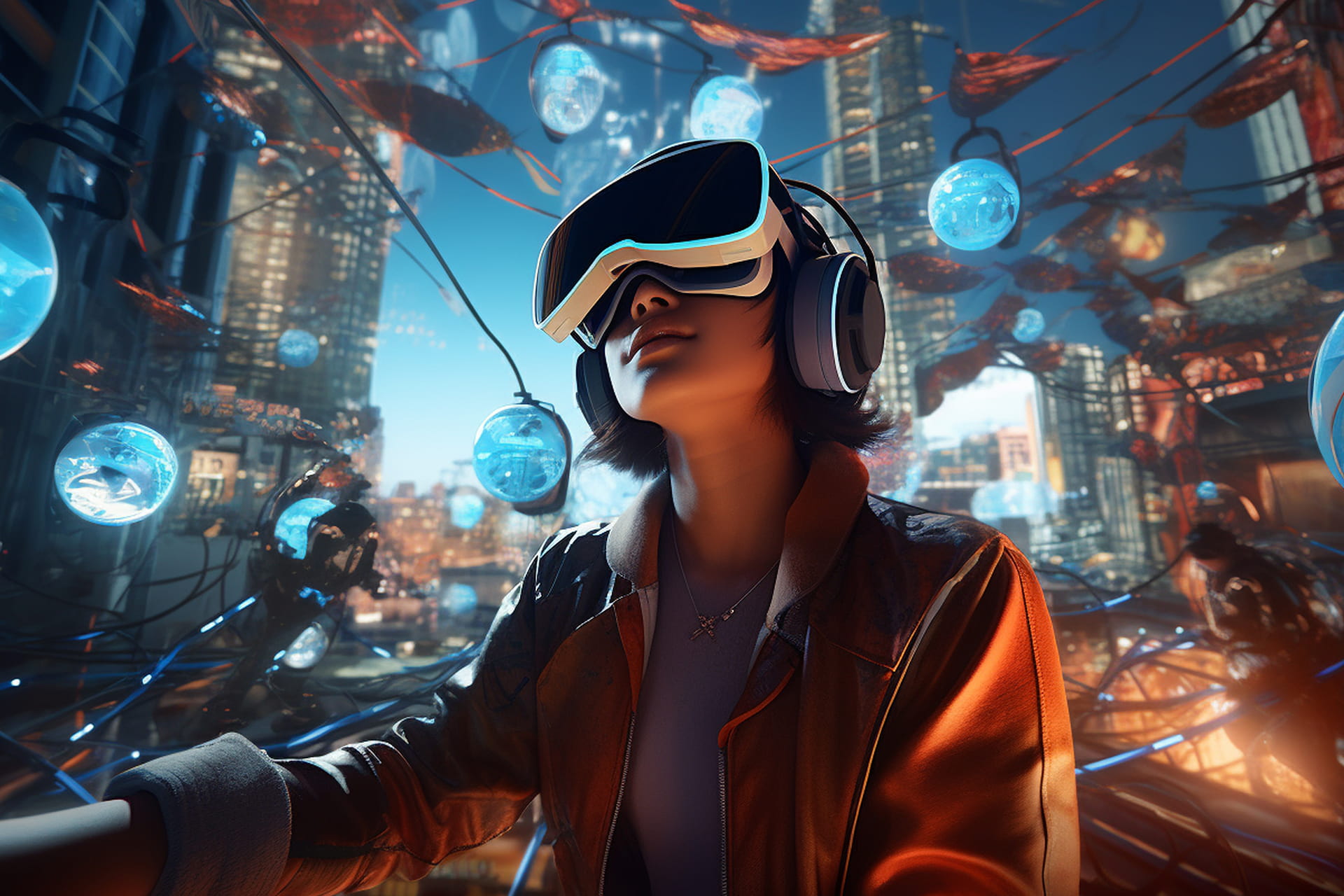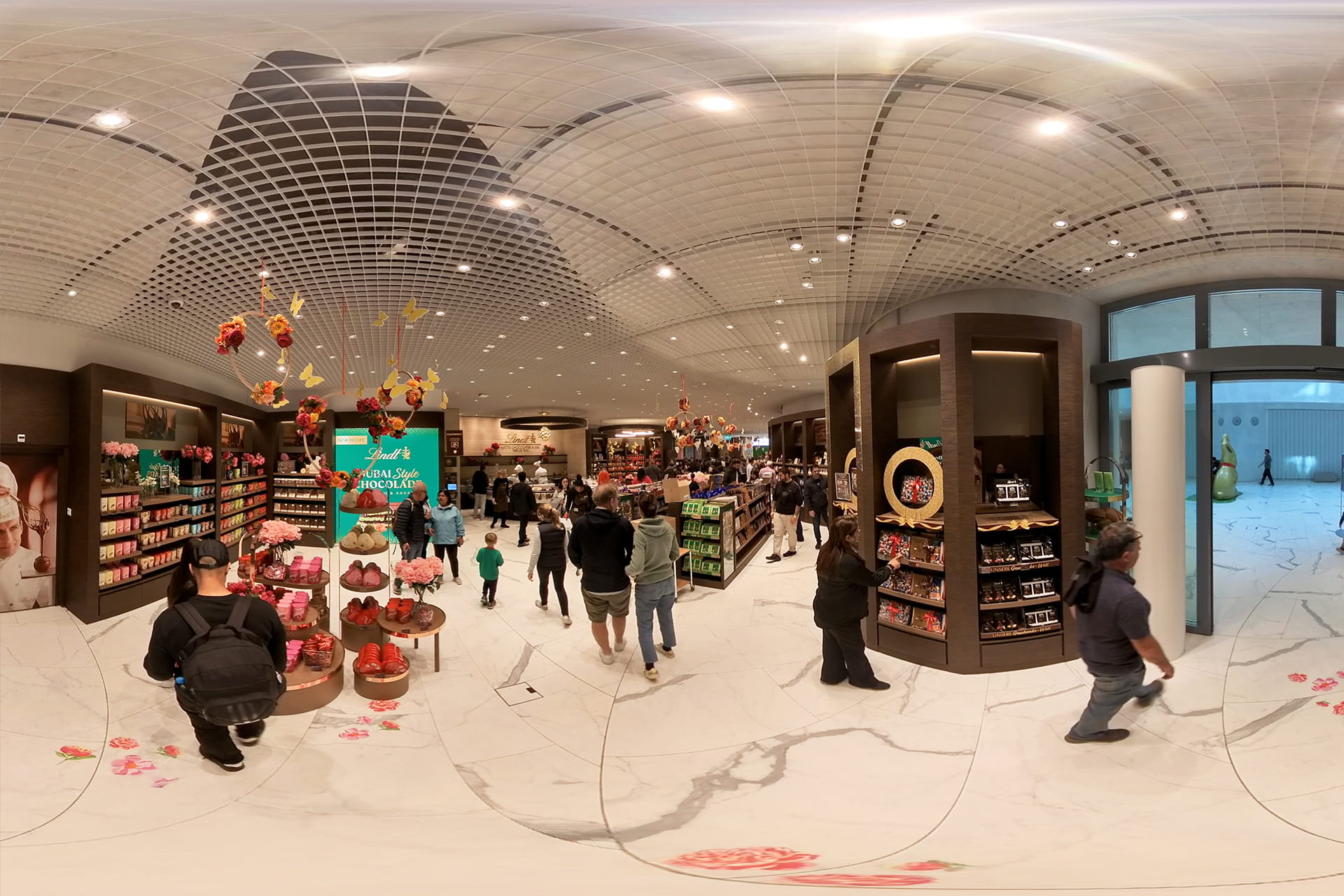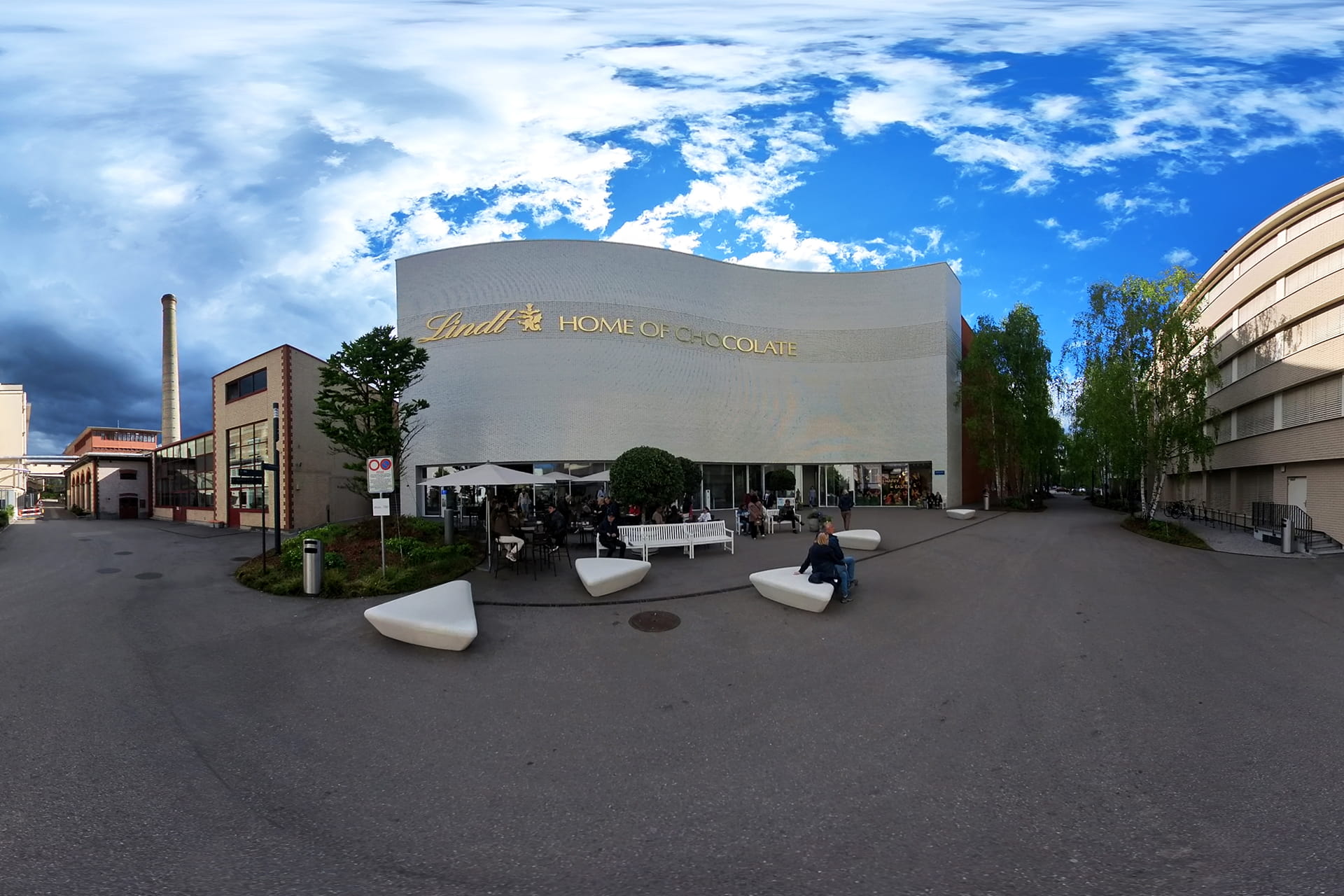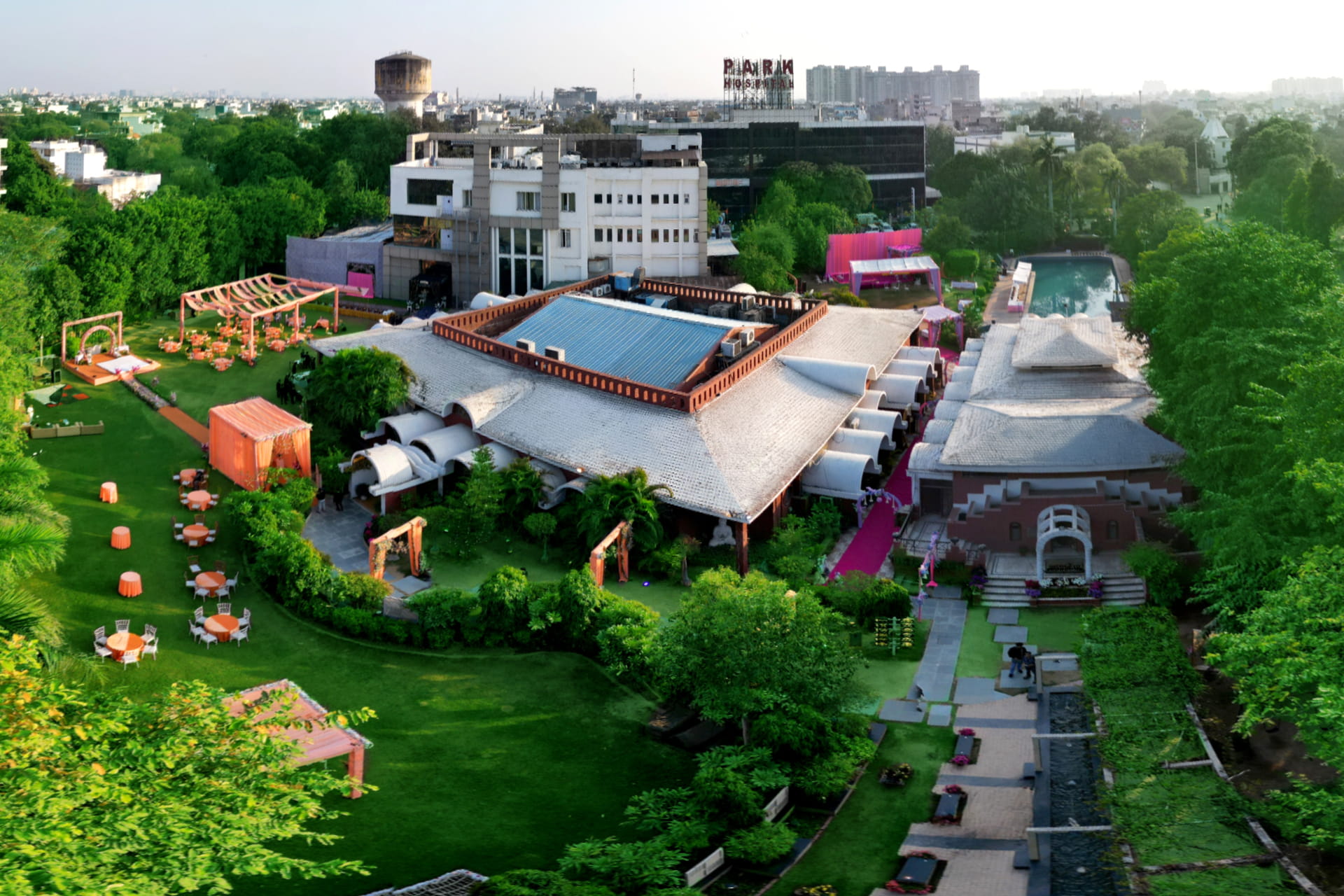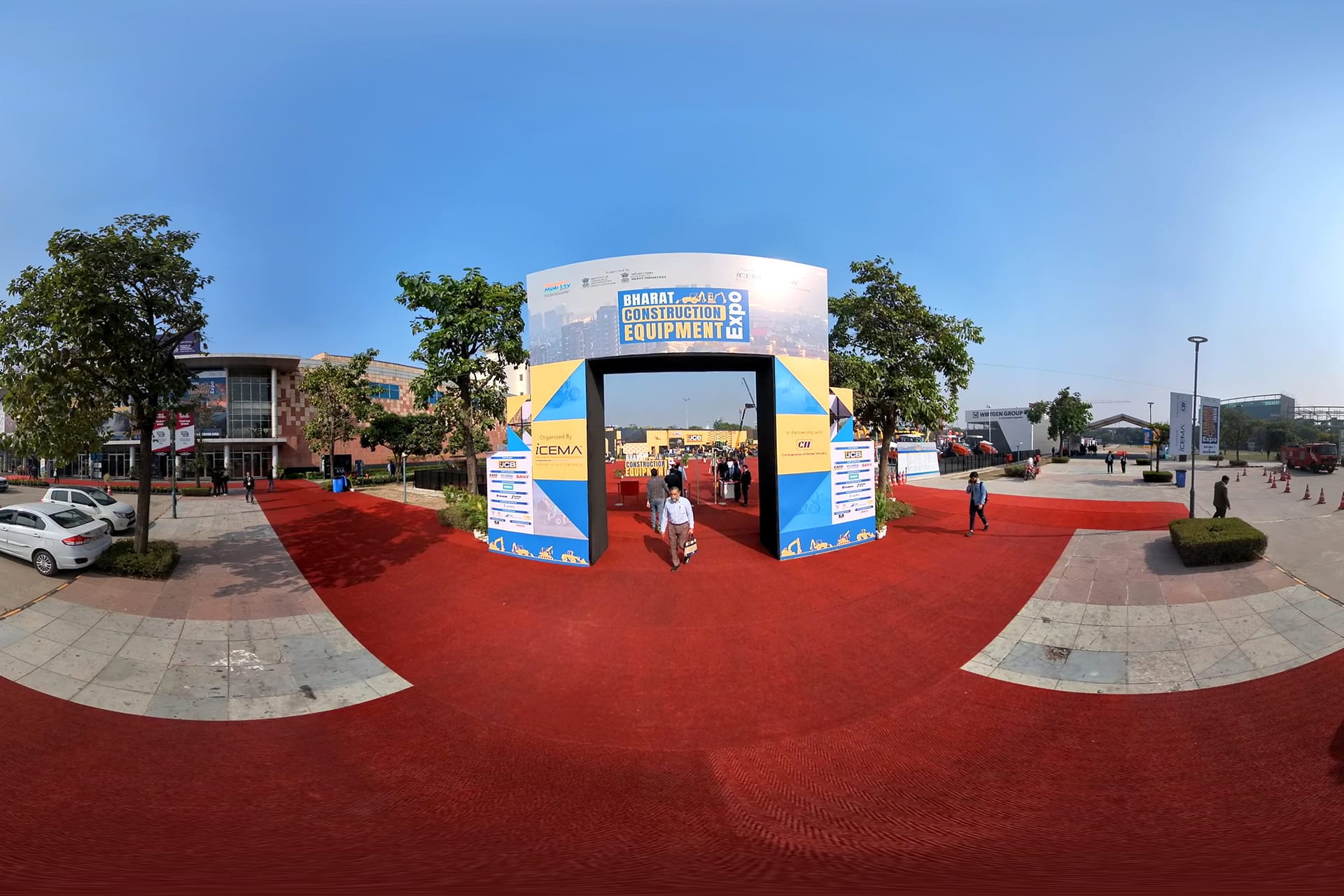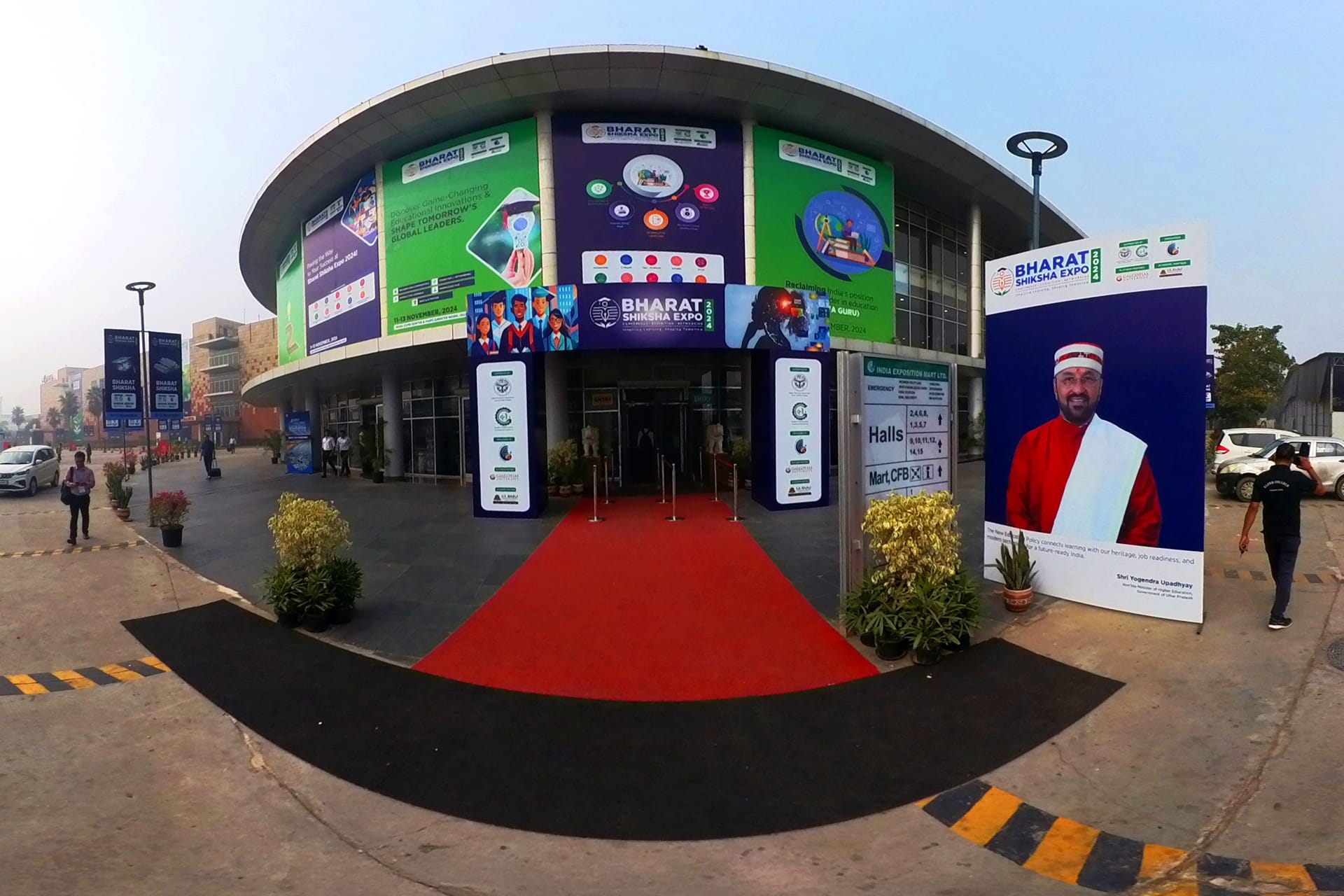Virtual Reality (VR) is evolving rapidly, with new technologies and trends shaping its applications across industries. From gaming and entertainment to training, real estate, and healthcare, businesses are leveraging VR to create immersive, interactive, and engaging experiences.
This blog highlights the top VR development trends to watch in 2025, helping businesses and developers stay ahead of the curve.
1. AI Integration in VR
- Adaptive Learning Experiences: VR training programs use AI to personalize content based on user behavior.
- Smart Interactions: AI-powered virtual characters respond dynamically, enhancing realism.
- Predictive Analytics: AI analyzes user engagement to optimize VR experiences and outcomes.
2. 360° VR Experiences
- Fully Immersive Environments: Users can explore spaces from all angles for real estate, tourism, and education.
- Interactive Hotspots: Clickable points provide information, product details, or guidance.
- Seamless Navigation: Smooth transitions between scenes enhance user engagement.
3. VR in Enterprise Training and Simulation
- Corporate Training: VR simulations for safety, soft skills, and technical training.
- Remote Collaboration: Teams across locations practice and learn together in virtual spaces.
- Performance Tracking: Analytics track user progress and skill development.
4. Cross-Platform VR Development
- Mobile VR: Accessible experiences on smartphones and tablets.
- Standalone Headsets: Devices like Meta Quest allow wireless, high-quality VR experiences.
- WebVR/WebXR: Browser-based VR for easy deployment and wide accessibility.
5. Mixed Reality (MR) and AR-VR Fusion
- Augmented Reality Integration: Overlay digital content onto the real world for enhanced interaction.
- Hybrid Experiences: Combine VR and AR for immersive storytelling and product demos.
- Industrial Applications: MR helps in manufacturing, maintenance, and training.
6. VR in Healthcare and Education
- Medical Training: Surgeons and medical students practice in realistic virtual simulations.
- Patient Therapy: VR aids in pain management, rehabilitation, and mental health treatments.
- Immersive Learning: Students explore subjects in interactive VR classrooms and labs.
7. Social VR and Metaverse Experiences
- Virtual Social Spaces: Users interact in shared VR environments for gaming, meetings, and events.
- Digital Commerce: Buy and sell virtual goods in VR marketplaces.
- Entertainment: Participate in concerts, sports, and interactive storytelling.
8. Enhanced VR Hardware
- Lightweight, Comfortable Headsets: Designed for longer sessions and better user comfort.
- High-Resolution Displays: Improved visuals for realistic and immersive experiences.
- Advanced Tracking: Hand and motion tracking enhance interactivity and realism.
Conclusion
2025 promises to be an exciting year for VR development, with AI integration, 360° experiences, mixed reality, and cross-platform solutions driving innovation. Businesses that adopt these trends will deliver immersive experiences, improve engagement, and gain a competitive edge.
At 360Biznus, we specialize in cutting-edge VR development, creating custom, interactive, and future-ready VR solutions for industries ranging from healthcare and education to real estate and e-commerce.
Get in Touch
Whether you want to develop a new 360 Virtual Tour, 3D Product Display, 360 Product Spin Photography, Google 360 Street View or update an existing 360 Virtual Tour, we're eager to assist.
Call / Email Us / fill in the form below.


